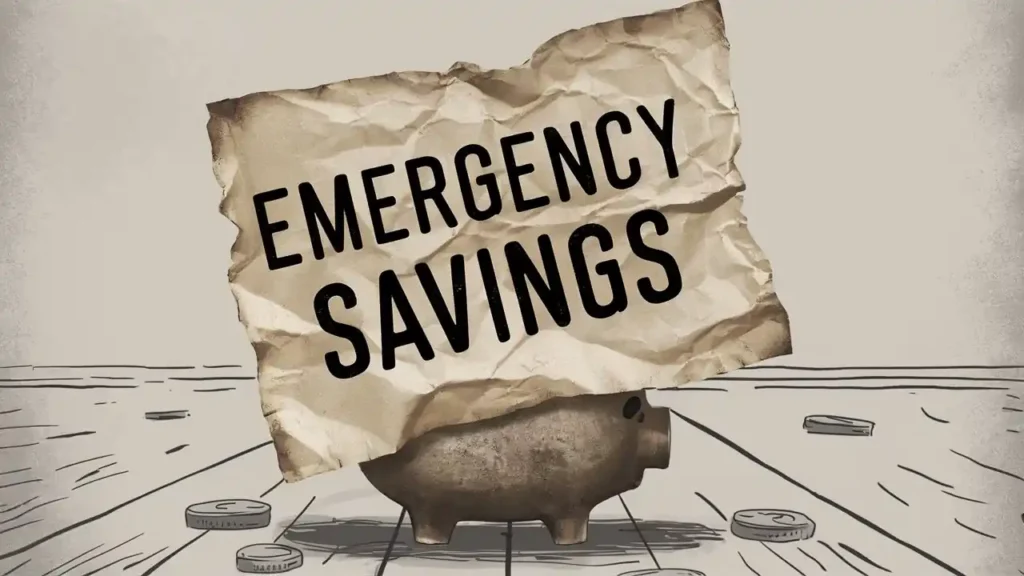In our modern society, money plays a pivotal role in shaping our daily lives. From meeting our basic needs to pursuing our dreams and ambitions, the concept of money permeates every aspect of our existence. Understanding the fundamentals of money, its functions, and its impact on our well-being is crucial for navigating the complexities of the financial world and achieving long-term security and fulfillment.
I. Definition and Properties of Money
Money is a system of value that facilitates the exchange of goods and services within an economy. It serves as a medium of exchange, allowing buyers and sellers to trade without the need for direct bartering. To function effectively, money must possess certain key properties:
- Medium of Exchange: Money enables transactions by acting as an intermediary in the exchange of goods and services.
- Store of Value: Money holds its value over time, allowing individuals and businesses to save and invest for the future.
- Unit of Account: Money provides a common measure for expressing the value of different goods and services, making it easier to compare and trade.
For money to be most useful, it should possess the following characteristics:
- Fungibility: Each unit of money should be interchangeable and have equal value.
- Durability: Money should maintain its physical form and integrity over time.
- Portability: Money should be easily transportable and divisible for convenient exchange.
- Recognizability: The authenticity and value of money should be readily identifiable.
- Stable Supply: The supply of money should be relatively constant to prevent fluctuations in value.
II. Functions of Money
In addition to facilitating exchange, money serves several crucial functions within an economy:
- Medium of Exchange: Money eliminates the need for direct bartering, enabling trade between parties with different goods and services.
- Unit of Account: Money provides a standardized measure for expressing the value of goods, services, assets, and liabilities, simplifying financial transactions.
- Store of Value: By holding its value over time, money allows individuals and businesses to save and invest for future use.
- Facilitates Deferred Payments: Money enables the use of credit and debt systems, allowing for the transfer of value across different time periods.
III. Types of Money
Throughout history, various forms of money have emerged, each with its unique characteristics and applications:
- Market-Determined Money: Commodities like precious metals (e.g., gold and silver) that gained value through market demand and acceptance.
- Government-Issued Currency: Physical coins and banknotes issued by a central authority as legal tender.
- Fiat Currency: Currency that derives its value from the economic strength and stability of the issuing government, rather than being backed by a commodity.
- Money Substitutes and Fiduciary Media: Instruments like checks and electronic credit that represent and substitute for physical money.
- Cryptocurrencies: Digital or virtual currencies, such as Bitcoin, that possess some properties of money but operate independently of central authorities.
IV. Importance of Money
Money plays a crucial role in our lives, impacting both our individual well-being and the functioning of societies:
- Meeting Basic Needs: Money allows us to access essential goods and services, such as food, shelter, and healthcare, which are fundamental to our survival and quality of life.
- Providing Security and Control: Having sufficient financial resources provides a sense of security and control over our lives, enabling us to plan for the future and navigate unexpected circumstances.
- Enabling Trade and Economic Growth: Money facilitates the exchange of goods and services, promoting specialization, trade, and overall economic growth.
- Impact on Personal and Societal Well-being: Money influences various aspects of our well-being, including our mental health, relationships, and access to opportunities.
V. Money and Well-being
While money is essential for meeting our basic needs, its relationship with overall well-being is complex:
- Basic Needs: Having enough money to cover essential expenses like food, housing, and healthcare is crucial for maintaining a basic level of well-being.
- Diminishing Returns: Research suggests that beyond a certain income level, additional money may have a limited impact on overall happiness and life satisfaction.
- Potential Negative Effects: An excessive focus on money can lead to negative consequences, such as isolation, stress, materialism, and unhappiness.
- True Fulfillment: Ultimately, true fulfillment and well-being stem from non-financial aspects of life, such as strong relationships, personal growth, and contributing to society.
VI. Money Management
Effective money management is key to achieving financial security and long-term well-being. This involves:
- Saving and Investing: Setting aside a portion of your income for long-term savings and investments can provide a safety net and enable future growth.
- Entrepreneurial Qualities: For entrepreneurs, qualities like discipline, self-confidence, risk-taking, and a broad vision are essential for successful money management.
- Balancing Spending, Saving, and Investing: Finding the right balance between spending, saving, and investing is crucial for responsible money management and achieving your financial goals.
VII. Potential Downsides of Money
While money is a powerful tool, it also carries potential downsides and risks:
- Economic Instability: Inflation and deflation can disrupt the stability of money, impacting purchasing power and economic growth.
- Unequal Distribution: An uneven distribution of wealth can lead to poverty, income inequality, and social unrest.
- Excessive Debt and Materialism: Excessive debt and an over-emphasis on material possessions can cause stress, dissatisfaction, and financial strain.
Conclusion
Money is an integral part of our lives, influencing our well-being, economic growth, and societal stability. While it is essential for meeting basic needs and providing a sense of security, it is crucial to maintain a balanced perspective and not let the pursuit of money overshadow other important aspects of life, such as relationships, personal growth, and contributing to society.
Responsible money management, through saving, investing, and finding the right balance between spending and saving, is key to achieving long-term financial security and overall fulfillment. By understanding the fundamentals of money, its functions, and its potential impact, we can make informed decisions that align with our values and goals, ultimately leading to a more holistic and satisfying life.



